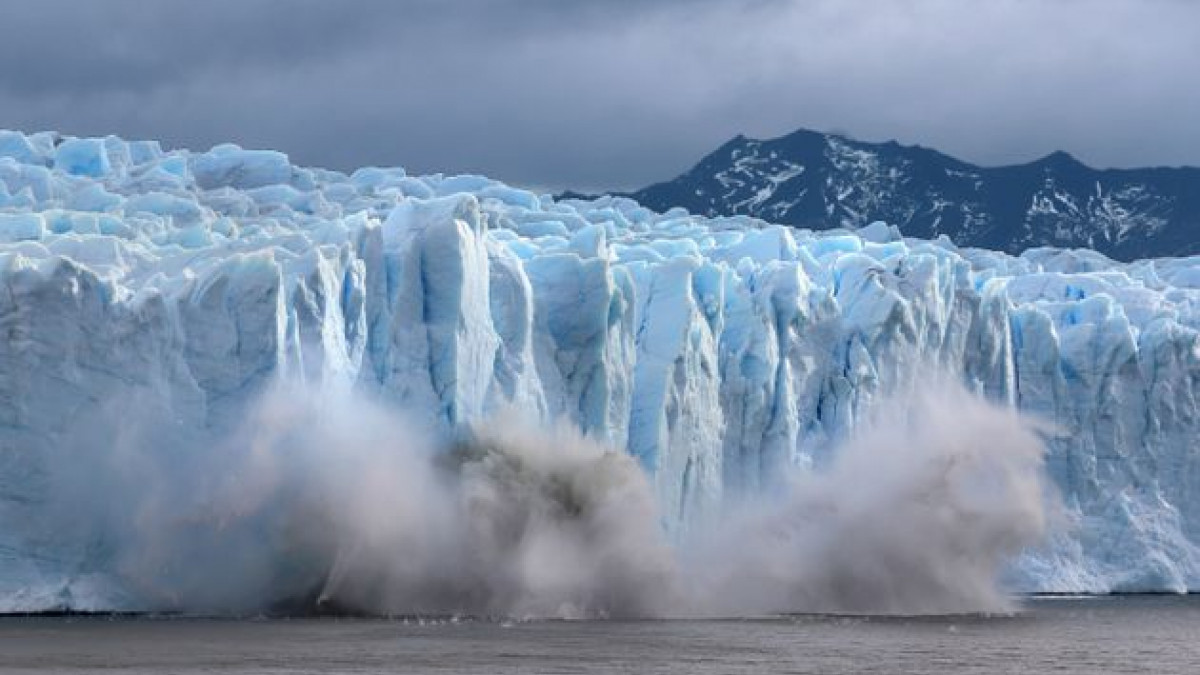Climate change, lessons learned from the pandemic
Lessons learned from the health emergency may be extremely useful to face the major challenge of current times.
Juan E. Notaro
FONPLATA Executive President
Before the arrival of the COVID-19 pandemic in the beginning of the year, one of the major challenges humanity was facing was the implementation of the Paris Agreement, signed by 195 countries aiming at limiting global warming to well below 2ºC before 2030.
The document warns about the consequences of the increase in temperatures: loss of crops, hunger, longer droughts, and other weather events increasingly intense and frequent.
Besides, the Paris Agreement falls within the scope of another strong global commitment: The Sustainable Development Goals (SDGs), which comprise 17 goals agreed by consensus to foster economic development and protect the planet’s health at the same time.
Many of the 17 SDGs are related to environmental care. SDG 6 is focused on Clean Water and Sanitation, SDG 7 on Clean Energy, SDG 14 on Life below Water, and SDG 15 on Life on Land. Furthermore, SDG 13 is specially focused on Climate Action.
The pandemic not only stopped many of the efforts that were carried out towards achieving those goals, but also revealed and threatens to deepen the severe inequities in wealth distribution and in the access to education or health care.
At the same time, the pandemic has shown that situations, such as climate change and the general condition of the environment are a threat to all of us, and the measures taken to face them will have long-term consequences.
Above all, it has shown that it is pointless to find isolated solutions or solutions for a certain group or country: to address these problems in an effective way the perspective must be global.
This awareness, the hard lessons that we are learning with the pandemic are the same that we should take into account to move forward in the compliance with the Paris Agreement and the SDGs related to climate, as well as the other SDGs.
There is a paradox in the situation of Latin America regarding climate change, as only 9% of all greenhouse gases emissions are produced here, but the continent is frequently hit by weather events.
Last year we faced voracious forest fires in Brazil and Bolivia, and their devastating effects. We also witnessed severe flooding in the north of Argentina and in some agricultural areas of Uruguay.
However, this is also one of the regions that contributes most with innovative solutions to protect the environment.
In Uruguay, 100% of its energy comes from renewable sources: 60% from hydropower, 25% from wind power and the rest is solar energy.
In Argentina, 50% of the energy is hydroelectric and, in Brazil, renewable energy based on ethanol covers more than 50% of the market.
On the other hand, official figures from Paraguay inform that 57% of the energy in the country is hydroelectric and more than 20% comes from biomass. The rest is conventional energy that can be replaced by solar and wind power.
Additionally, development banks of the region, including FONPLATA, have incorporated climate change mitigation and adaptation components into their projects.
Cities are another critical issue in this front. The urban population in Argentina, Bolivia, Brazil, Paraguay, and Uruguay has increased, on average, from 47.7% to 86.1% between 1950 and 2019, and it is expected to reach almost 90% in 2030.
The pandemic has also shown that a high priority in the cities is to protect the most vulnerable, improve public transportation in the most isolated areas and reinforce health-care services, the same measures needed to face climate change.
Even if we are still in the middle of the pandemic and many efforts are still needed to overcome the health emergency, we should not lose sight of these global commitments to protect the planet.
This is the only way to build together a world in which we can solve the present problems, including the pandemic, without compromising the future. We are committed to this and we are working on it.
Text originally published in the monthly column of Juan E. Notaro in the Huffington Post.
07/09/2020

